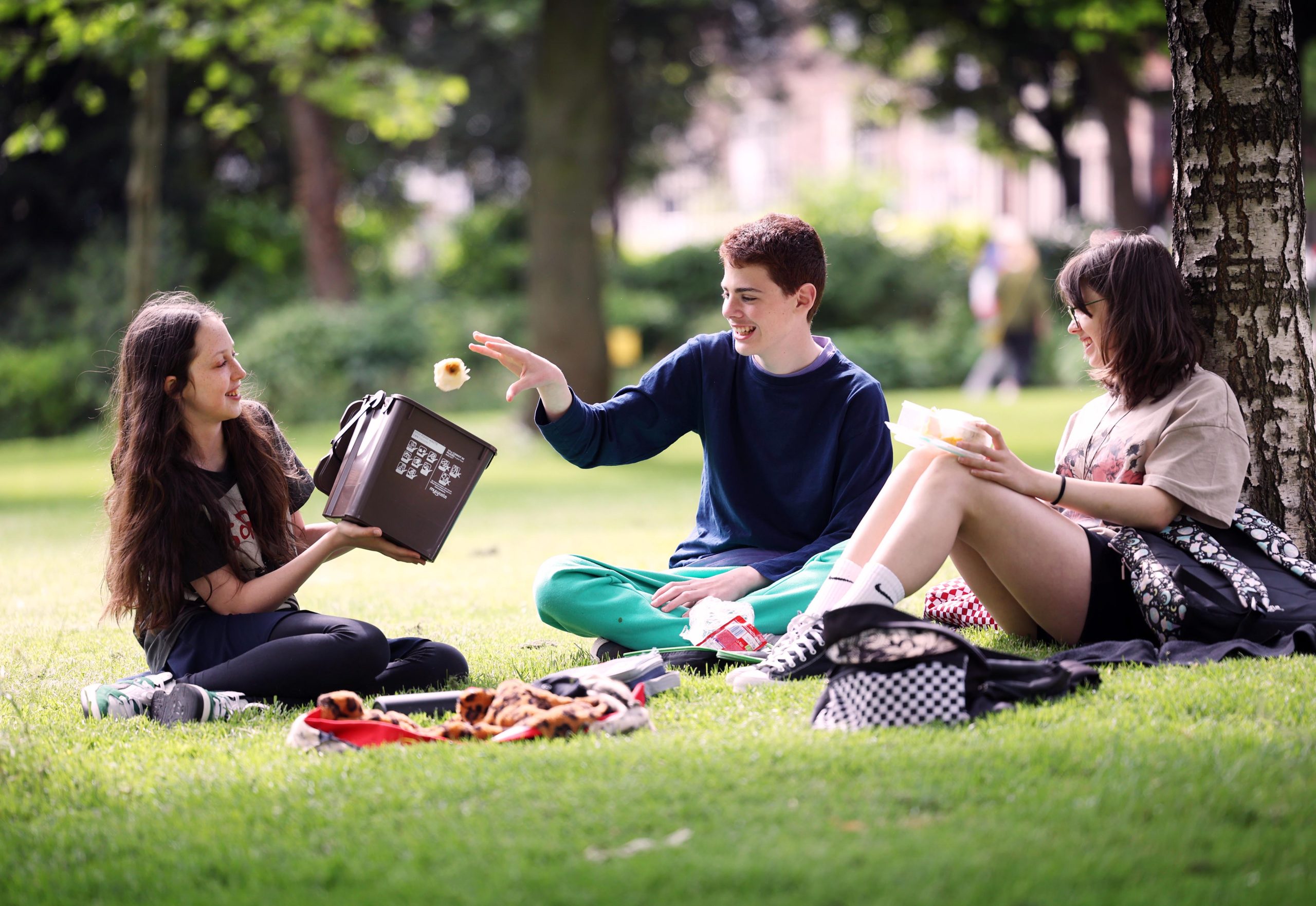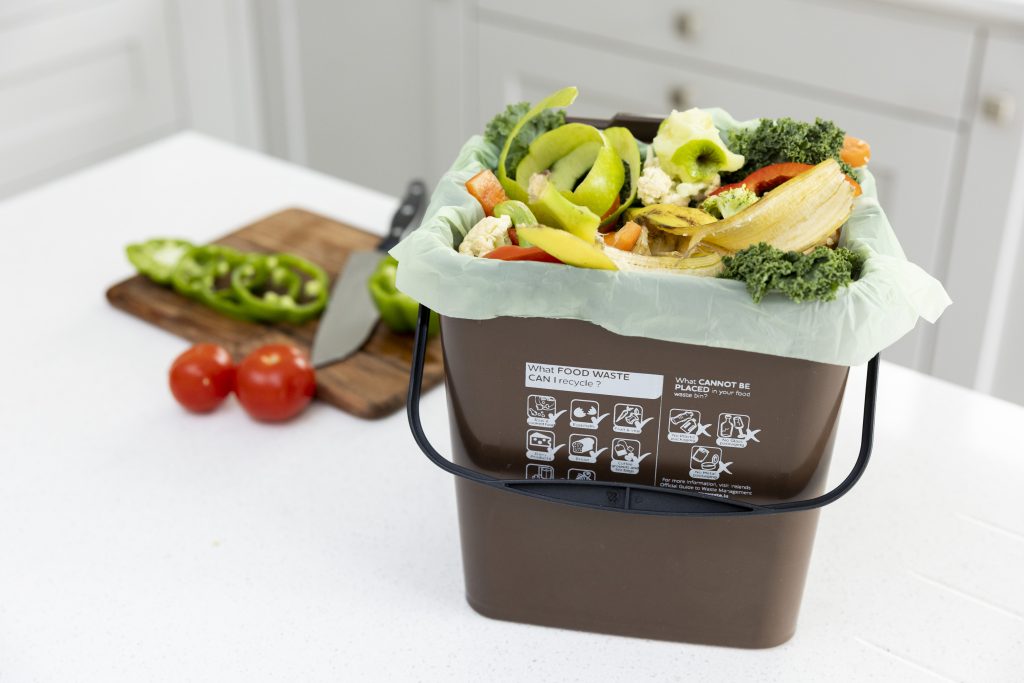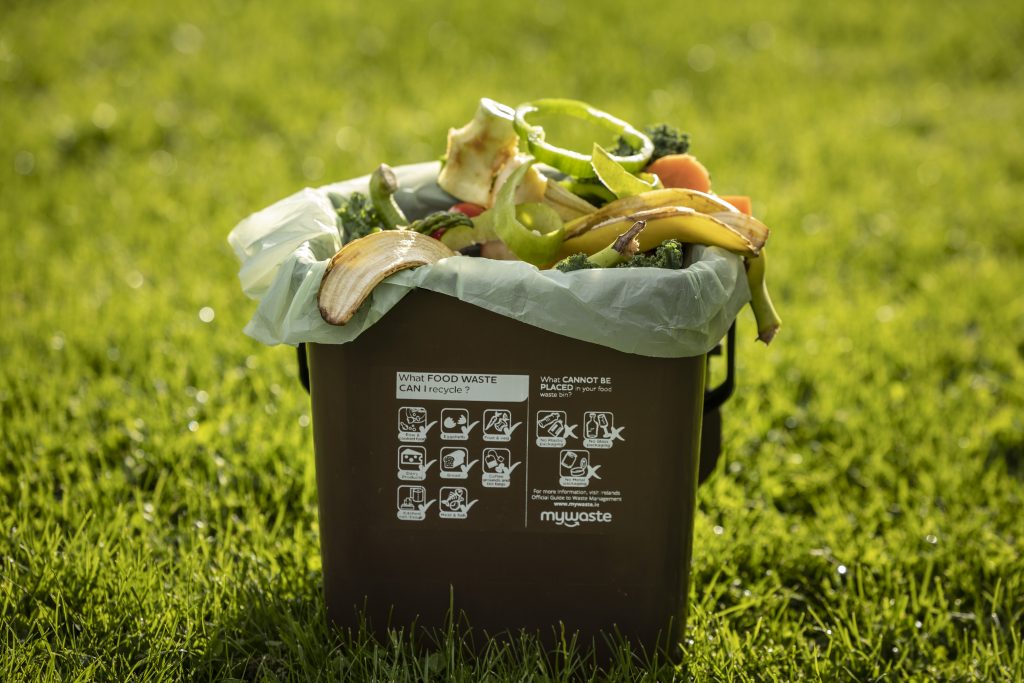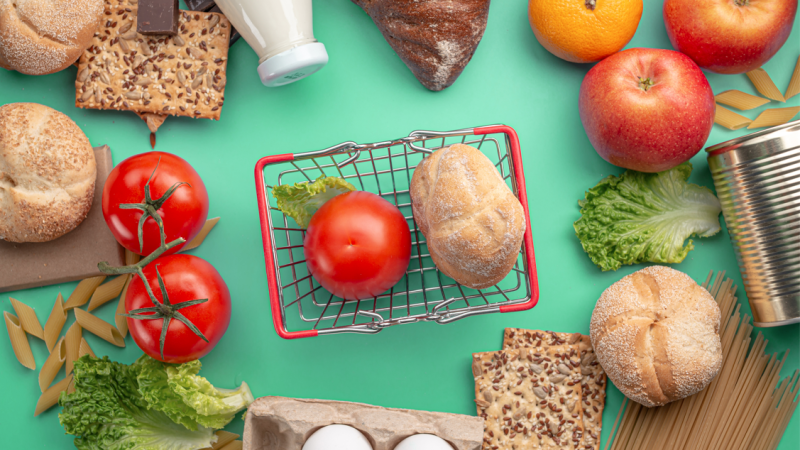Businesses Urged to Use a Brown Bins for Waste

- New legislation introduced in January means everyone, everywhere in Ireland is now entitled by law to a brown bin service
- 750,000 tonnes of food is wasted in Ireland each year and is a contributor to climate change
- MyWaste urges citizens and businesses to recycle food waste and reduce their carbon footprint
Businesses are being urged to use a brown bin, recycle their food waste and reduce their carbon footprint. Now in its third year, National Food Waste Recycling Week runs from June 2nd until June 9th 2024. This awareness campaign from MyWaste.ie, aims to provide practical advice and encourage more consumers and businesses to recycle food waste correctly in their home or workplace.
It comes as new research of over 1,000 adults found that over two thirds of all householders in Ireland currently use a brown bin. Research, conducted by iReach on behalf of MyWaste.ie, also revealed, of those who do use a brown bin, helping climate change is the top motivation, with 35% saying this is why they use a food waste bin.
However, there are still some people who put food waste in the general waste bin, meaning this food waste will never be recycled. A recent study from the Environmental Protection Agency[1] found that in commercial general waste bins, 30% of the contents are food waste, while in household general waste bins, 17% of the content is food waste.
“We’ve made great progress in Ireland with over two thirds of people now using a brown bin, but as we see from the research, there is still a high proportion of food waste that could be recycled going into our general waste bins,” said Pauline McDonogh Resource Efficiency Officer at MyWaste.ie. The introduction of new legislation in January this year for households and in July last year for businesses means everyone, everywhere in Ireland with a kerbside waste collection service is now entitled to a brown bin service. We’d urge everyone – consumers and businesses – if you don’t use a brown bin, please start, and make a positive change for our environment,” she added.
In Ireland it’s estimated we waste about 750,000 tonnes[2] of food each year – that’s equivalent to the weight of 7,000 Blue Whales. Food waste that ends up in landfill is a significant contributor to climate change. It’s estimated that food waste generates about 8% to 10% of global greenhouse gas emissions.[3] Preventing food waste and reducing food waste has both environmental and financial benefits.
What can go into the brown bin?
The brown bin service accepts all types of food including raw and cooked meat and fish, plate scrapings, along with fruit and vegetable peelings. Other items that can go into the brown bin include food-soiled paper napkins, paper towels, greasy pizza boxes as well as grass clippings and light garden waste.
Even with the best intentions, some food waste is unavoidable. Instead of throwing it in the general waste bin, put it in the brown bin, and use your kitchen caddy to always separate food waste. You can also get compostable caddy liners which can go directly into your brown bin when full.
“We are also calling on businesses across Ireland to implement a sustainability strategy within their organisations and get a brown bin, to correctly recycle of food waste,” Ms McDonogh added. We want to highlight the importance of separating waste food from its packaging to ensure we reduce contamination and achieve high-quality compost and raw material for green energy which is then good for the environment as it is a closed production process and supports our circular economy.”
Go to MyWaste.ie for more details on where your food waste ends up, and how this benefits the environment. There are events taking place across the country for this year’s National Food Waste Recycling Week, which is supported by local authorities. For more information visit https://mywaste.ie/resources-and-campaigns/national-food-waste-recycling-week/









